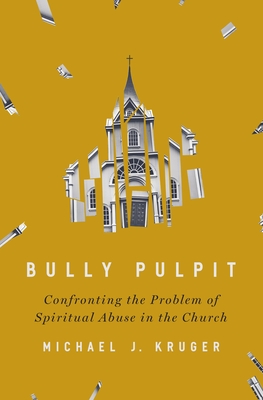What do you think?
Rate this book


192 pages, Hardcover
Published November 8, 2022
Spiritual abuse is when a spiritual leader – such as a pastor, elder, or head of a Christian organization – wields his position of spiritual authority in such a way that he manipulates, domineers, bullies, and intimidates those under him as a means of maintaining his own power and control, even if he is convinced he is seeking biblical and kingdom-related goals.